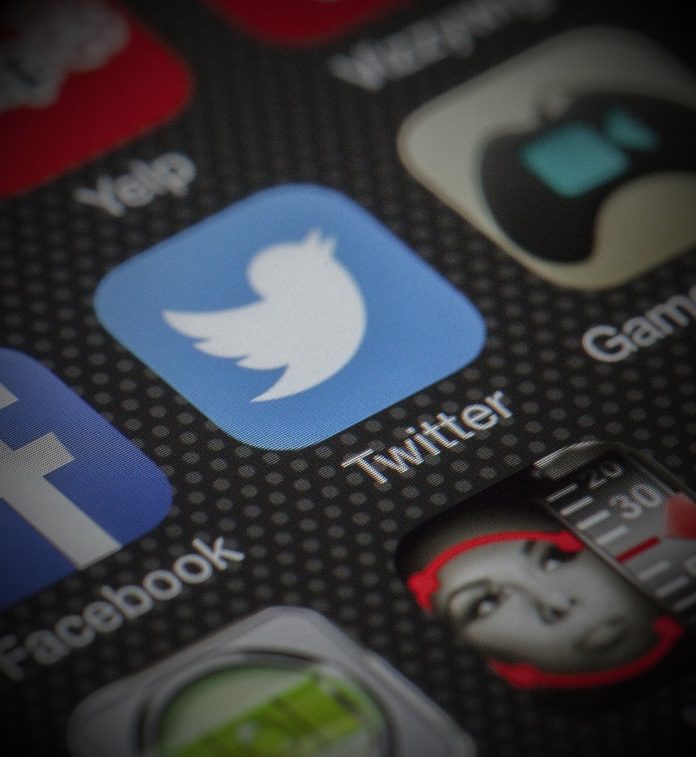By: Nick Gambino
Social media platforms, especially Twitter and Facebook, have been criticized for their lack of effort in curtailing the spread of false or misinformation. Maybe it’s always been part of human nature, but something about our relationship with the truth seems awfully tenuous these last few years. Perhaps it’s always been there and social media is no more than a megaphone.
Regardless, the social media giants have been introducing features as of late to help reduce the spread of blatantly false information. Twitter recently added a fact-check label to tweets that are regarded as truth-proof. Now, the platform is starting to warn users who attempt to like a tweet that has a fact-check label slapped on it.
This warning has already been in place for those who want to retweet that tweet, but this will now cover likes as well. It’s not that you can’t like or retweet, it’s just that they’re attempting to make you think twice before contributing to the spread of possible misinformation.
“Giving context on why a labeled Tweet is misleading under our election, COVID-19, and synthetic and manipulated media rules is vital,” Twitter Support tweeted. “These prompts helped decrease Quote Tweets of misleading information by 29% so we’re expanding them to show when you tap to like a labeled Tweet.”
Giving context on why a labeled Tweet is misleading under our election, COVID-19, and synthetic and manipulated media rules is vital.
These prompts helped decrease Quote Tweets of misleading information by 29% so we’re expanding them to show when you tap to like a labeled Tweet. pic.twitter.com/WTK164nMfZ
— Twitter Support (@TwitterSupport) November 23, 2020
While I applaud Twitter’s efforts to cripple the efforts of the nefarious or clinically stupid (my gut tells me most fall into this latter category), it’s a bit disheartening to see the number of blatant lies being shared across the majors. It’s not even by strangers I’ve never met. There are people I call friends who seem to have no issue with hitting “share” or “retweet” when something echoes their beliefs or feelings, regardless of whether or not it’s true.
This sickness reaches across the aisle and seems to be indiscriminate in its infection. It doesn’t matter if users identify left or right or fall squarely in the middle, the blatant unwillingness to verify information before sharing is the worst game of telephone I’ve ever bore witness too. The problem is, it’s not a game, it’s a real problem that promises to divide us as people, never mind as Americans.
I hope that things will quiet down toward the end of January, but it might take more on the part of the Conscience Department of these various social media platforms to snuff out incendiary lies.









[…] Click here to view the original article. […]